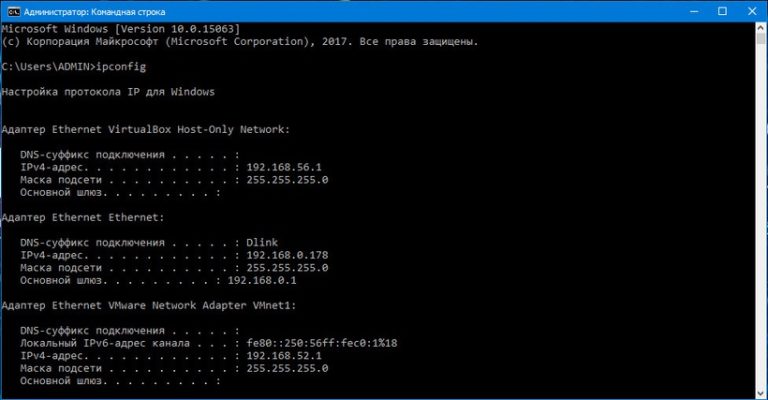Thailand Digital Nomad Visa 2024
In the last days of May 2024, the announcement of a new digital nomad visa in Thailand – DTV. Digital nomads can now apply for a visa and live in the country for up to 5 years.
There is little clarity yet, but all this looks like a significant removal of barriers for those who want to live here longer. Thailand decided on another relaxation, following similar programs launched in Malaysia and Indonesia. The news is great, especially for those who like to spend the winter in Phuket, Chiang Mai, Samui and Bangkok.
To obtain a visa you must meet the following requirements (subject to change):
The applicant must be at least 20 years old.
There must be enough money to pay the visa fee.
Required to show at least THB 500,000 or equivalent in bank account
Provide proof of employment with the company or customer service.
or you can also apply for a visa if the purpose of your trip to Thailand is medical treatment, culinary courses, passion for national sports, etc.
In a word, almost anyone can apply for a visa if they have the desire and the opportunity.
DTV can be renewed once, for up to 180 days, which costs 10,000 THB. There is debate online about this statement of the proposal whether this means that after the extension the visa will be reset, that is, we are talking about the possibility of staying 180+180 days at a time for 5 years. However, since the extension rules are exactly the same as in the wording of the already working LTR visa, we are most likely talking about a one-time extension in the context of “extension without a Visa Run”.
In other words, we are talking about permanent residence in Thailand for 5 years, when you can stay in Thailand for 1 year without a break, without visas, and every next 180 days you will have to leave, each time paying the same fee of 10,000 baht, around $270 .
Instead of a possible tax rate of 35%, digital nomads pay only 17% in taxes. It is clear that 17% is not the ultimate dream, but if we assume that the average Digital Nomad likes to spend the winter in Thailand, just an average of six months, then upon reaching the 180-day period, you can move to travel to neighboring Indonesia, where the climate in summer is milder than in Thailand or wherever you want, without incurring the obligation to pay tax. You can finally save money by opening an individual entrepreneur in jurisdictions with lower tax rates, such as Georgia (1%) or Kyrgyzstan (2-4%). Thus, as a visa for wintering, DTV is an excellent, if not ideal, option.
A total of 93 countries, including Russians, are eligible for a DTV visa in Thailand. You can add your spouse and children under 20 years of age to your visa.
There are also disadvantages to the digital nomad visa in Thailand.
You cannot work for a local company that requires a work permit.
Changing the type of visa you are on will invalidate your DTV.
A release date and information on how to apply have not yet been announced, but news will be available in late June or early July 2024. You will most likely be able to apply through the Royal Thai Consulate, Thai Embassy or Immigration Office in Thailand. We are waiting for news on official website.
What digital nomad visa can you get in Thailand before DTV?
Digital Nomads could stay in Thailand on a tourist visa for a maximum of 60 days. The only alternative was the LTR, also called a digital nomad visa, which requires a significant financial investment in some cases, but allows you to stay in Thailand for up to 10 years (5 years + 5 year extension).
Requirements:
Medical insurance – with coverage of at least $50,000.
Valid passport – it must be valid for at least six months at the time of visa issuance.
Income $80,000 per year – Applicant must meet this income for the last two years.
Or, in the case of a remote employee, requires working for at least three years in a publicly traded company or in a company with at least $150 million in annual revenue.
Or – if you earned at least $40,000 per year for the last two years and have a master's degree.
Additional options for wealthy citizens:
Or – if there are financial assets worth $1 million.
Or – if the applicant is a retiree with an income of $80,000 per year and over 50 years of age with a stable income such as a pension.
Or – investment $500,000 in Thailand
As a result, there are not many requirements for obtaining an LTR in Thailand, but it is clear that this visa is also heavily targeted at wealthy investors and retirees, the latter being the kingdom's target tourist audience since time immemorial.
Steps to apply
To apply for a digital nomad visa in Thailand, you need to submit an application onlineand also attend a visa appointment at the Thai embassy or consulate.
Step 1: Collecting documents
Before submitting your application, it is important to collect all necessary documents and digitize them.
Because there are several categories of eligible applicants, each category requires different documents. You can always contact official website Thailand Digital Nomad Visas (LTR Visas) for a complete and updated list of required documents.
For the category “Work from Thailand”, you will need the following documents:
Copy of passport (including Thai entry stamps if applicable)
Passport size photo (3×4 cm)
Resume (CV)
Evidence of previous employment in your field for at least five years
Master's degree (if applicable)
Health insurance policy
Proof of employment
Evidence of income for the current year
Annual tax return for the last two years
For wealthy citizens of the world who have financial assets worth at least $1 million and invest at least $500,000 in Thai real estate, the government. bonds or in the form of direct investments, you will need the following documents:
Copy of passport (including Thai entry stamps if applicable)
Passport size photo (3×4 cm)
Health insurance policy
Annual tax return for the last two years
Proof of Asset Ownership
Certificate of employment
Evidence of investment
For the “Wealthy Pensioner” category you will need:
Copy of passport (including Thai entry stamps if applicable)
Passport size photo (3×4 cm)
Health insurance policy
Proof of income
Employment confirmation
Evidence of investment (if applicable)
If you plan to bring family members to Thailand, each of them will need to provide the following documents:
Copy of passport (including Thai entry stamps if applicable)
Passport size photo (3×4 cm)
Health insurance policy
Evidence of family relationship (marriage certificate, birth certificate, etc.)
After all documents have been collected and digitized,
Step 2: Submit your application
The Thailand digital nomad visa application is submitted online through the official website.
Within 20 days, a response will be received indicating whether the application and documents have been approved.
Step 3: Meeting
Once approved, you are given 60 days to visit a Thai embassy or consulate abroad or immigration offices in Thailand to obtain a visa.
The visa fee will be 50,000 Thai baht per person, which is approximately $1,370.
Step 4: Obtaining a digital work permit
For those working in or from Thailand, you will need to obtain a digital work permit from the One Stop Shop for Visas and Work Permits in Bangkok.
You will need to pay an annual fee of 3,000 Thai baht, or approximately $83, to renew this permit.




